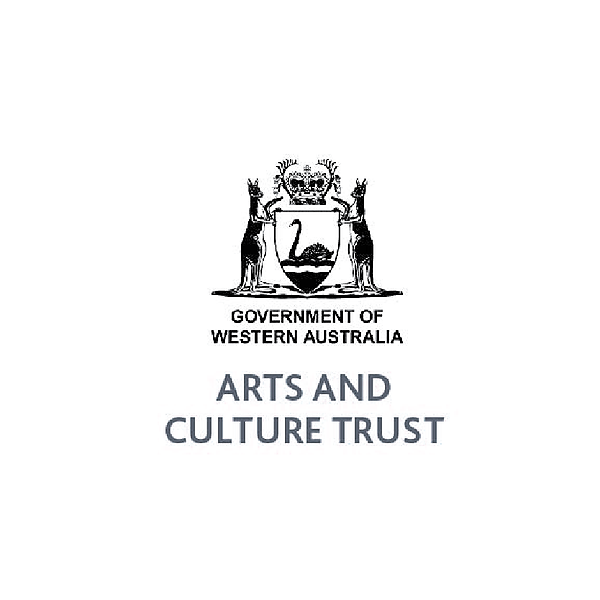
Cleveland Clinic researchers have identified a significant connection between elevated blood levels of TMAO (trimethylamine N-oxide) and a heightened risk of developing abdominal aortic aneurysms. The findings, published in JAMA Cardiology, suggest that this byproduct of gut bacteria digestion, commonly found in red meat and other animal products, could influence the development and severity of this life-threatening condition.
The study indicates that TMAO may contribute to faster rates of aneurysm expansion and a greater necessity for surgical intervention. “These results suggest targeting TMAO levels may help prevent and treat aneurysmal disease beyond surgery,” said Dr. Scott Cameron, lead author and section head of Vascular Medicine at Cleveland Clinic. He emphasized the lack of effective therapies beyond surgical options and the absence of predictive blood tests for aneurysms.
Understanding Abdominal Aortic Aneurysms
An abdominal aortic aneurysm is a bulge in the aorta, the major blood vessel that runs through the abdomen. While the aorta is typically robust enough to withstand the pressure from the heart’s blood flow, factors such as aging, smoking, and other medical conditions can weaken its walls. This condition affects millions annually and poses a significant risk of rupture as the aneurysm enlarges.
Currently, the primary treatment for larger aneurysms involves either endovascular or open surgery. Unfortunately, abdominal aortic aneurysms often remain asymptomatic until they are on the verge of rupturing, complicating early detection and intervention.
The Role of TMAO in Cardiovascular Health
Dr. Stanley Hazen, senior author and chair of Cleveland Clinic’s Cardiovascular and Metabolic Sciences Department, highlighted the role of TMAO in cardiovascular health. “TMAO is made by gut microbes, with levels being higher when eating animal products and red meat,” he explained. Preclinical models have shown that medications targeting this pathway can block aneurysm development and rupture, though such treatments are not yet available for human use.
This study is part of over a decade of research led by Dr. Hazen on the gut microbiome’s impact on cardiovascular health. The team has previously linked high TMAO levels to increased risks of chronic kidney disease and cardiovascular events like heart attacks and strokes. Dr. Hazen’s work has been globally recognized, with TMAO testing now incorporated into clinical practice.
Implications and Future Directions
The discovery of TMAO’s role in aneurysm risk underscores the potential for dietary modifications in managing cardiovascular health. “These results are important to share because they show how important diet may be in helping prevent or treat patients with aorta dilation or early aneurysm,” Dr. Hazen noted, contrasting current practices that often delay intervention until surgery becomes necessary.
Looking ahead, the Cleveland Clinic aims to apply these findings to develop new preventive strategies and treatments for aneurysmal diseases. With one of the largest volumes of aortic cases in the United States, the institution is well-positioned to lead further research in this area.
Dr. Hazen’s work continues to influence the field, with ongoing studies exploring the broader implications of the gut microbiome in cardiovascular and metabolic diseases. As the medical community gains a deeper understanding of these complex interactions, the potential for innovative therapies and improved patient outcomes grows.
Disclosures: Dr. Hazen is named as co-inventor on pending and issued patents held by Cleveland Clinic related to the gut microbiome, cardiovascular diagnostics, and therapeutics.







